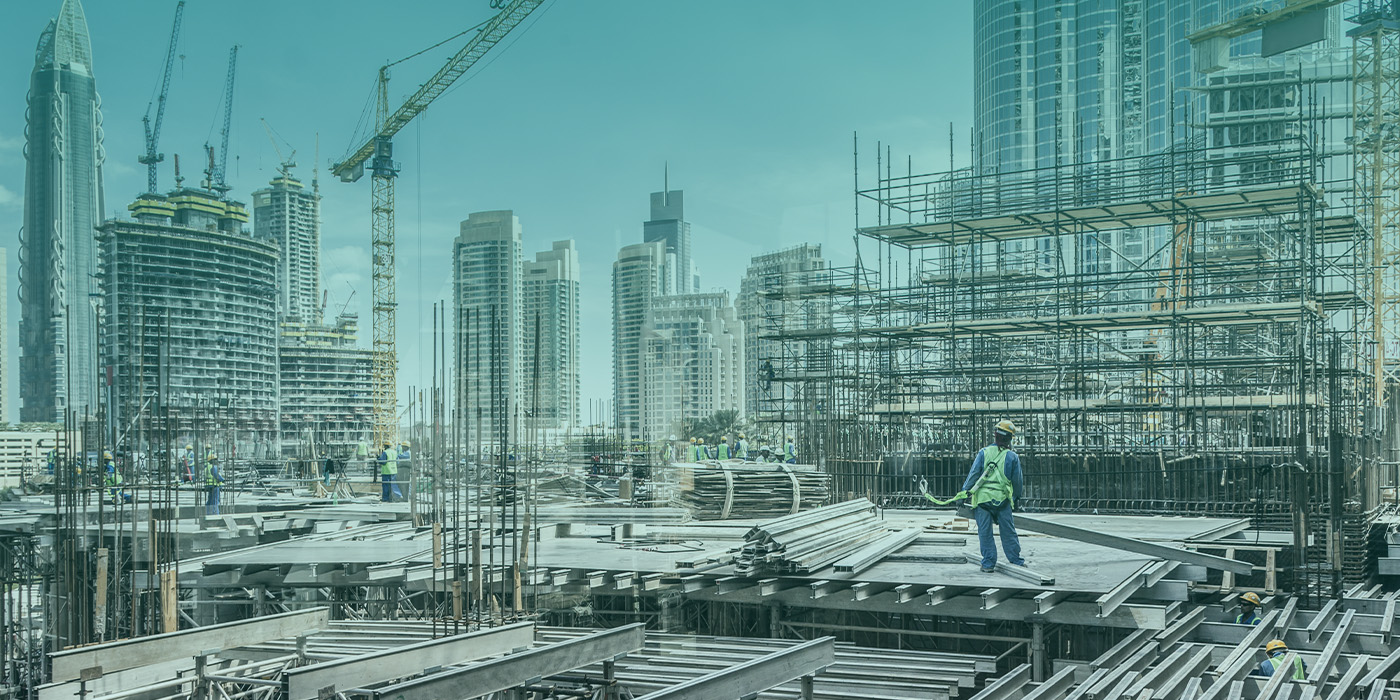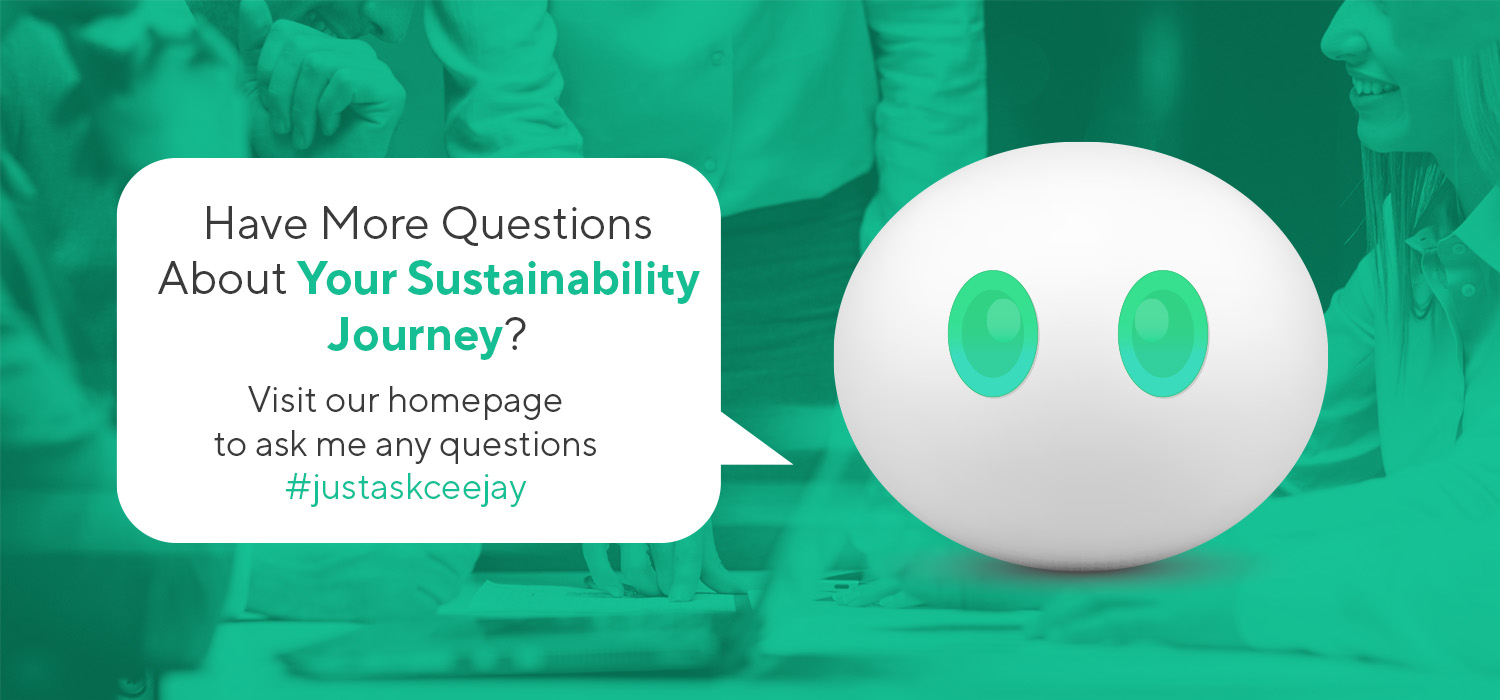The journey to net zero is rarely a straight line. As businesses and organisations push ahead with sustainability strategies, failures and setbacks are not only inevitable—they’re essential learning opportunities.
At Inteb, we believe that transparent reflection on what doesn’t go to plan can be just as powerful as celebrating success. In a sector driven by innovation and complex challenges, failure is not a sign of weakness—it’s often a vital step toward meaningful, lasting change.

Take, for example, projects where sustainability technologies don’t align with real-world usage. Innovations like heat pumps, lauded on paper, can fall short in practice if user needs and expectations aren’t fully considered. Retrofitting homes or commercial buildings without sufficient behavioural insight can result in poor user satisfaction, even if the system technically works. The lesson? Design and deployment must be informed by the people who will ultimately live and work in these spaces.
Similarly, product innovation in the sustainability space often meets resistance—not due to a lack of good intent, but because of practical limitations. When eco-friendly packaging options or closed-loop recycling systems are introduced, they must be commercially viable and logistically scalable. If the price point remains too high or if the environmental benefit doesn’t outweigh the operational cost, even the most promising solution can struggle to gain traction.
One example lies in packaging materials designed with exceptional environmental credentials, but hindered by a ‘green premium’ that puts them out of reach for wider adoption. Without critical mass, cost-effectiveness suffers, highlighting the need for market readiness assessments and pre-launch engagement with end-users.

Infrastructure and place-based projects also carry lessons in sustainability planning. Ambitious initiatives to harness renewable heat from sources like mine water have hit unexpected geological challenges—challenges that couldn’t have been predicted even with extensive feasibility work. Thankfully, mitigation planning ensured that alternative low-carbon systems were ready to step in, maintaining the project’s carbon-saving goals. These situations underscore the importance of embedding flexibility and contingency into project design from the outset.
Even in cases where planned environmental initiatives are found to be counterproductive—such as reverse logistics schemes that increase carbon emissions—what matters most is that businesses are willing to pause, reassess, and pivot. The ability to shift direction based on robust data and environmental impact assessments ensures organisations can remain credible and responsive.
At a policy and strategic level, targets may be missed due to changing external pressures, but transparency and honest communication are crucial. Whether it’s councils adjusting interim carbon goals, or private companies revising net zero roadmaps, public trust and stakeholder confidence are strengthened when the challenges are acknowledged rather than hidden.

As part of a wider industry, Inteb encourages all organisations to be open about their sustainability journeys. Sharing lessons learned—whether from success or failure—helps the whole sector evolve. By embedding resilience into planning, engaging with users early, and prioritising data-led decisions, we can continue making progress even when the path isn’t perfect.
Because ultimately, the road to net zero is not about perfection—it’s about persistence, learning, and collective progress.